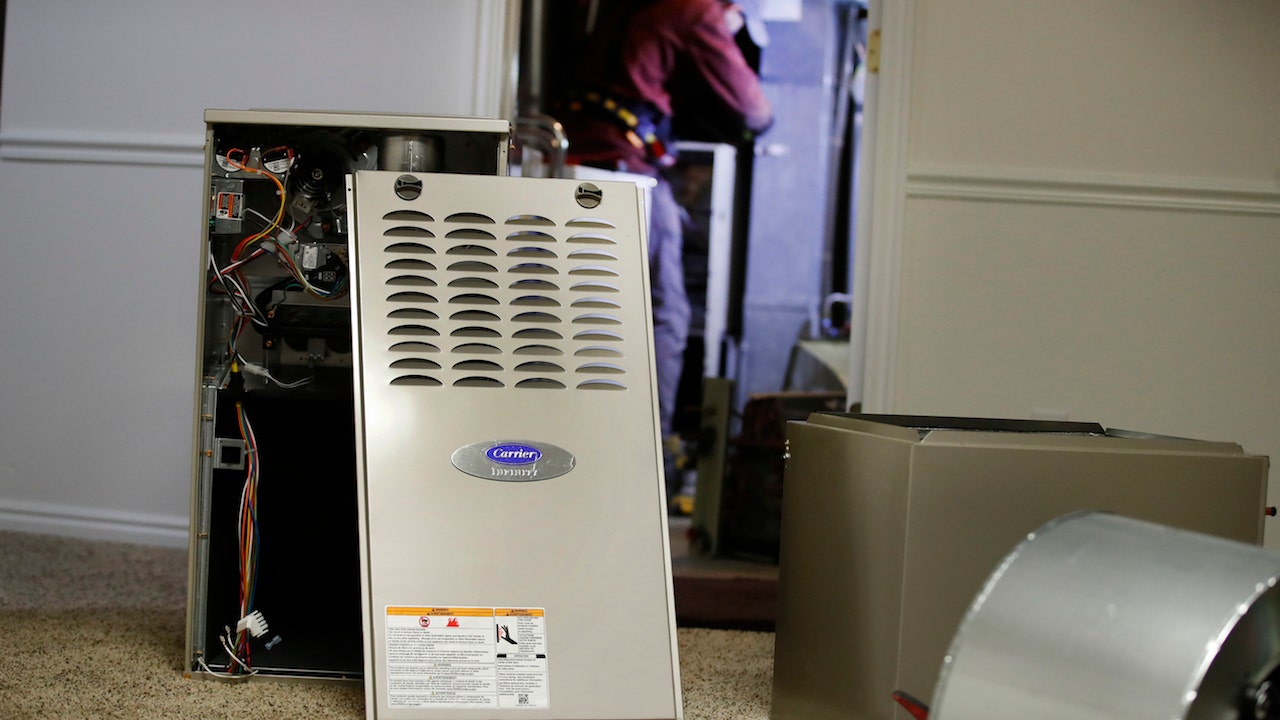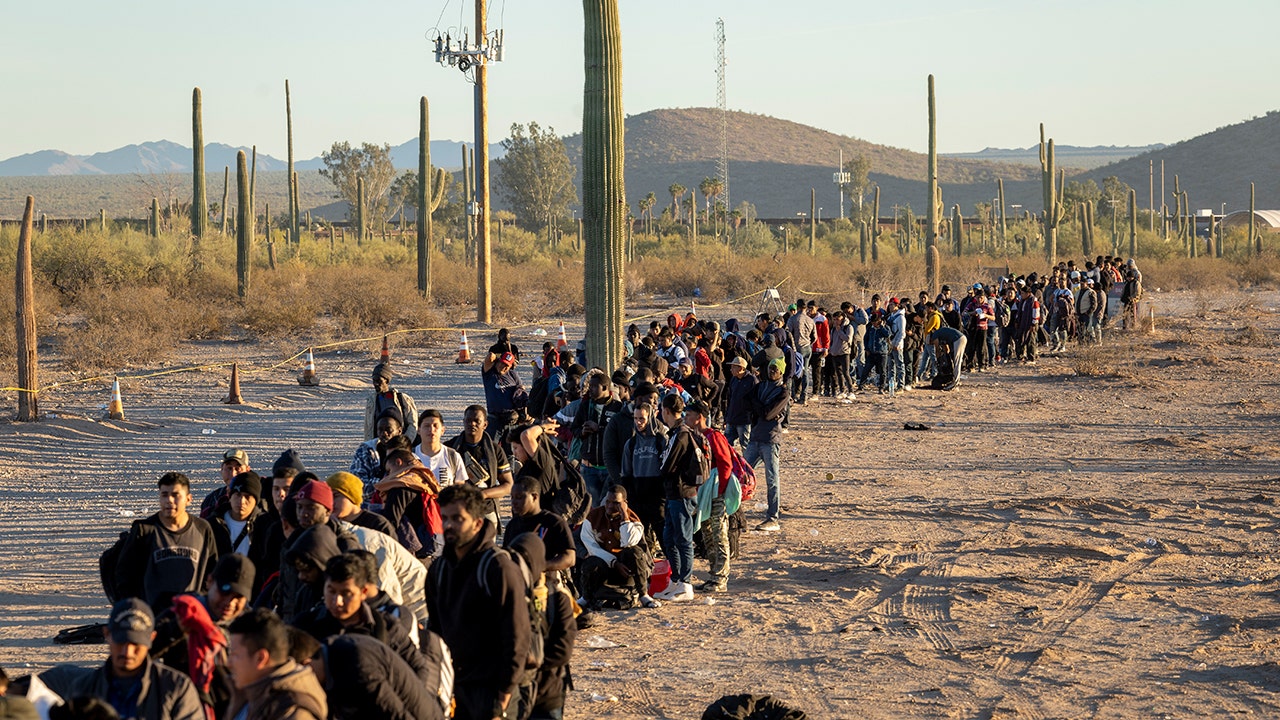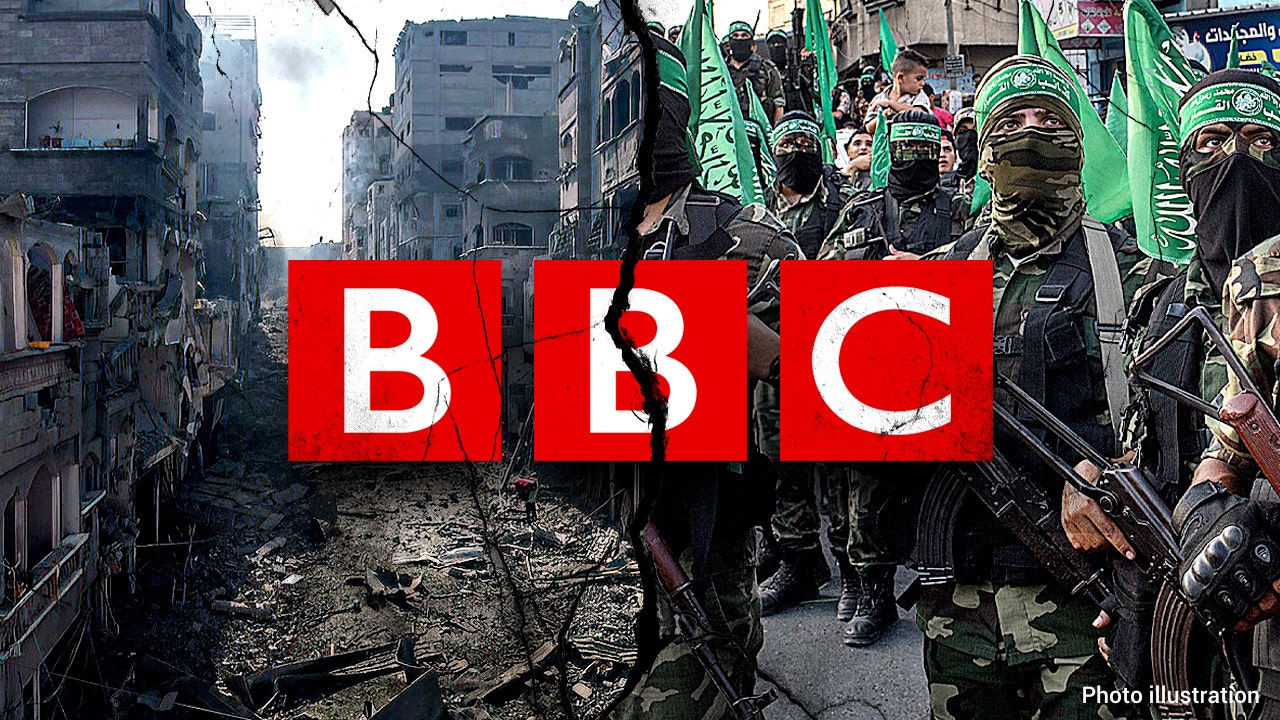On Sunday, Russian State TV Channel 1 ran footage of Russian President Vladimir Putin attending a church on the premises of his Novo-Ogaryevo residency compound to honor the memory of the victims of the terrorist attack on a concert hall in a Moscow suburb. Putin was seen lighting a candle, making a sign of the cross with his fingers and bowing.
This is not the first time the Russian strongman has used a religious ceremony to project a spiritual persona, especially at the time of a national crisis. Is Putin really a devout person of faith who believes in God? Or is he an evil man who has weaponized religion to attain his personal ambitions and advance the Russian state’s political agenda? The answer is more complicated than what is portrayed by the Western media.
To understand Putin’s relationship with faith and the role religion plays in Russia’s foreign policy, let’s take a look at his family’s connection to religion and Russia’s religious history. In his official autobiography, “First Person Conversations with Vladimir Putin (Ot Pervogo Litsa),” Putin told a story about his mother, a Russian Orthodox Christian, secretly baptizing him as a baby. She did it without the knowledge of her husband, Putin’s father, who was a Communist and, therefore, an atheist.
‘CRAZY SOB’ PUTIN DOES INDEED PREFER BIDEN AS PRESIDENT. HERE’S WHY
Russian President Vladimir Putin lights a candle during his visit to a church of the Novo-Ogaryovo state residence outside Moscow on March 24, 2024, during a national day of mourning following the attack on Crocus City Hall, which has been claimed by the Islamic State group. (Photo by MIKHAIL METZEL/POOL/AFP via Getty Images)
However, Putin did not grow up a cradled Christian. He did not attend church and did not wear a cross until, in 1993, his mother asked him to take his baptismal cross with him on an official visit to Israel and have it blessed. Putin blessed the cross at the Tomb of the Lord, put it on his neck and never took it off, according to his own recollections, a story that cannot be verified.
The priest who baptized Putin at the Transfiguration Cathedral in St Petersburg a month and a half after he was born told his mother, pointing to the icon of St Vladimir in the cathedral, that it would be “his icon.” It is unclear whether his mother played a role in it, but Putin’s identity became connected to his namesake, a famous Russian Czar Vladimir who brought Christianity to Russia. In 988, Vladimir accepted Christianity and baptized a large number of Russians in Kievan Rus’, a medieval kingdom and the first eastern Slavic state to which Russians, Ukrainians and Belarusians (trace their ancestry.) The area is now part of Ukraine.
A Russian national tricolor flag flies in the wind in front of St. Basil’s Cathedral in central Moscow on March 15, 2024. (Photo by NATALIA KOLESNIKOVA/AFP via Getty Images)
Putin’s Orthodox faith and his deep knowledge of history have shaped his worldview and foreign policy, which aims to return Russia to its Imperial roots. Throughout the centuries, until the Bolshevik Revolution in 1917, Orthodox Christianity was central to the Russian culture and identity of the Russian people. Additionally, the Russian Orthodox Church had a very close relationship with the state. Moreover, the Czar is considered to be appointed by God himself, to rule over the believers of the Orthodox Christian faith. In other words, the Czar drew his powers not from the law or popular will, but from God himself.
After being crowned, in a coronation ceremony, the Czar becomes thehighest representative of the Russian Orthodox Church and a Defender of the Church. The coronation, or the anointing of the Czar, symbolized the creation of a union between the Czardom and its people.
CLICK HERE TO GET THE OPINION NEWSLETTER
Russian President Vladimir Putin attends an Easter Orthodox service at the Christ The Savior Cathedral early April 16, 2023 in Moscow.
Throughout history, Russia’s leaders have cultivated the idea of a unique, divinely inspired civilization, neither Eastern nor Western. This sense of imperial exceptionalism, even during communism, was passed down through generations. Russia was the “Third Rome,” successor to the Byzantine Empire.
The Bolsheviks, however, after the 1917 October Revolution, outlawed religion, destroyed churches and monasteries and imprisoned, exiled or executed more than a thousand priests. In July 1918, they murdered the last Russian Czar, Nicholas II.
When Putin came to power in 2000, he skillfully tapped into the Russian people’s sense of loss of identity, by reviving religion and incorporating Orthodox symbolism into state ceremonies. Putin’s first inauguration in 2000 had the attributes of a Czar’s coronation. The Patriarch of the Russian Orthodox Church Alexy II presented the new ruler of Russia with religious relics, handing himan icon of St Alexander Nevsky and also the recreated icons of the Savior and St. Nicholas.
The Patriarch asked Putin to return these icons to the Spasskaya and Nikolskaya towers of the Kremlin, where they had been kept until the Bolsheviks got rid of them in 1917. He offered Putin a personal prayer and, just like in Imperial Russia, thePatriarch asked Putin “toremember about thegreat responsibility oftheleader tohis people, history andGod.”
Russian President Vladimir Putin, left, and Orthodox Patriarch Kirill attend in blessing of a founding stone of the new main Russian Army cathedral in the Patriot Expo Park in Kubinka, southwest of Moscow, on Sept.19, 2018. (Photo by Mikhail Svetlov/Getty Images)
In 2012, Patriarch Kirill called Putin’s 12 years of rule as president and prime minister a “miracle of God”. “Through a miracle of God, with the active participation of the country’s leadership, we managed to exit this horrible, systemic crisis,” Kirill told a meeting at the ancient St. Daniel’s monastery, referring to the turbulent 1990s-2000s. He praised Putin for personally playing a “massive role in correcting this crooked twist of our history.”
A close ally of Putin’s, Patriarch Kirill, is always at the ready to help the Russian dictator spread his saintly status. In December, Putin was made to appear as though he was preaching from the heavens during a keynote address to Russia’s religious leaders. Putin delivered the keynote virtually from a giant TV monitor, as his image was towering over the audience. Everyone, including Kirill, faced Putin as a male choir began singing “To Czar Heavenly,” an eighth century prayer to the Holy Spirit, which became part of the Russian Orthodox Church service.
Russian Orthodox Patriarch Kirill, left, looks at the screen with President Vladimir Putin on the screen during the 15th World Russian People’s Congress at the State Kremlin Palace on Nov. 28, 2023, in Moscow. (Photo by Contributor/Getty Images)
The TV screen was flanked by the identical images of “Savior the Miraculous.” Below the screen was a large, stage-width sign ornate with golden crosses and church cupolas on the green background and the Savior icons. And the stage resembled an iconostasis (‘icon stand’ in Greek), a wooden and metal partition with doors that holds tiers of stylized gilded icons and separates the sanctuary from the nave in Russian Orthodox Churches. It symbolizes the boundary between God and Heaven (The Holy) and humans (The Worldly).
While many in the West view Putin’s use of religion as a form of statecraft, as a weaponization of faith for political purposes, it has a clear appeal to many Russians. By reconnecting the Russian culture and identity with Orthodox Christianity, Putin has revived Russia’s sense of pride and exceptionalism, significantly diminished by losing the Cold War and the USSR’s collapse. Like Americans, Russians believe in their nation’s uniqueness.He also has restored Russia’s status of a great power, or derzhava, which the Russians believe is destined by divine providence for leadership, particularly in Eurasia.
CLICK HERE TO READ MORE FROM REBEKAH KOFFLER
Although viewed as a brutal dictator by Westerners, Putin, whose approval rating is around 82%, is a Messiah-like figure for many Russians. Having recently won his fifth presidential term, the Kremlin’s current “Czar Vladimir” will likely rule “Mother Russia” till at least 2036.
Rebekah Koffler is a strategic military intelligence analyst and the author of Putin’s Playbook. She is Managing Editor of an e-mail newsletter for independent thinkers, CutToTheNews.com. Follow her on Twitter @Rebekah0132




